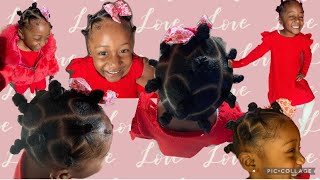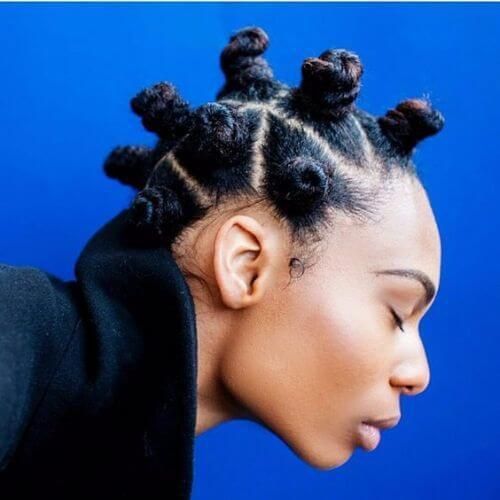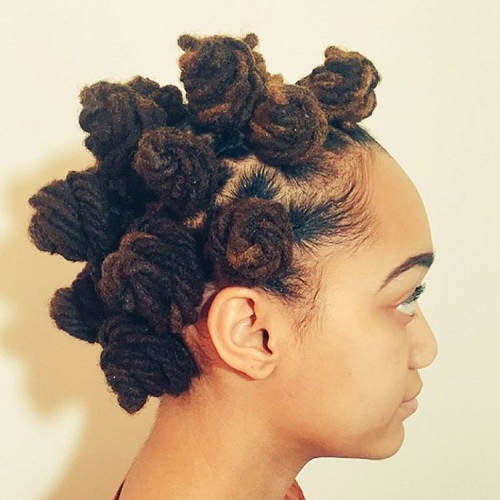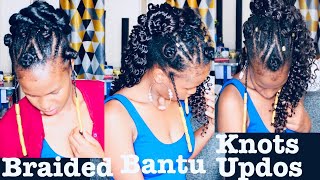Norwegian Blogger is Called out for calling Bantu Knots “Big Heatless Curls"

Another day, another case of gross cultural appropriation. Norway-based beauty vlogger Gilan Sharafani, who made a tutorial for Bantu knots and called them “Big Heatless Curls”.
After uploading the video, it was shared on Girls Creativity, a popular beauty tutorial page on Facebook. There, it received thousands of comments, most of them negative.
People have pointed out that Sharafarani mentions the technique without even mentioning the source: that this is a hairstyle mostly worn by black women who have natural hair, and that its origins go back to southern Africa, many generations ago.
And many black women still rock the hairstyle, from the girl you see on the street every day to world-famous celebrities like Rihanna.
“They’re called ‘Bantu knots’ if you must appropriate our stuff, please put some respect on the name.”
“Pardon you? We Africans have been doing this for centuries, this is nothing new, I don’t care if you do it too, just give credit where it’s due! Also, this particular method isn’t meant for your texture of hair so it didn’t come out properly.”
A lot of the commenters were bitter because, as they put it, society finds it acceptable for white women to wear their hair in such a way; however, when a black woman tries the same, she gets criticism and ridicule for it.
This is sadly accurate; we live in a world where black girls and women are shamed for rocking natural hairstyles, to the point that they are suspended from school, fail job interviews or even fired from their workplace.
Only a few weeks ago, a black woman entered a salon and the stylist told her that her curls were an animal that cannot be tamed.
Sharafani obviously heard about the criticism, and she was quick to defend herself. She claimed that until she got all that hate, she’d had no idea that the “big heatless curls” were actually an African hairstyle.
“If you want me to call it Bantu Knots, then it’s Bantu Knots.”
Very apologetic.
Cultural appropriation has been at an incredible high of late, with white-centric magazines and celebrities taking black hairstyles and giving them a new name as if expecting no one will notice.
With the massive reach of social media, hopefully, this is something that will end. Anyone can adopt the style of another culture if they wish, but they should give credit where it is due.




